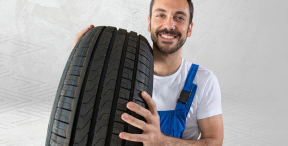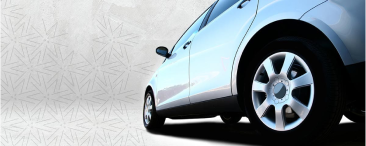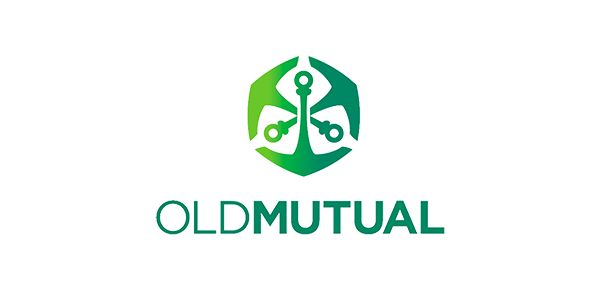Chat to us on WhatsApp (031 835 4245) | New customer sales: 0860 93 94 93 | We will call you back | Emergency: 0860 93 94 93


Get a Quote & buy in less than 2 minutes
What do our customers say?
Credit . . . is the only enduring testimonial to man's confidence in man. – James Blish
View more customer reviews and real feedback about our insurance plans and services.
Disclaimer: Please note that pseudonyms were used in the testimonials and does not constitute as financial advice. The opinions expressed in these testimonials are solely those of the individuals and are not the result of any compensation or remuneration.
Our products
Old Mutual iWYZE is the wise insurance choice and offers a wide variety of reliable insurance solutions to protect your ‘most precious and priceless’.
Car
Whoever you are, whatever you drive – trust Old Mutual iWYZE Car Insurance to keep your baby covered with affordable, flexible, personalised premiums, an optional Cash Back Bonus and great built-in benefits.




Home
You work hard for your home and everything in it. Like thousands of South Africans, you can rely on Old Mutual iWYZE Home Insurance to protect your home and its contents against unforeseen incidents.



Life
Don’t neglect the present, as one day you may not be here. Make the switch to affordable premiums and make sure your legacy continues.



More…
Is your business a sole prop or an established entity (like plumbers, caterers and any other self-ran businesses)? Partner with iWYZE Business Insurance and Legal Cover to protect your ever growing business.




Trust iWYZE with your car, home, life and more
The #WYZE insurance choice, backed by more than 179 years of experience.
Quick quotes
Get cover in under 2 minutes

Sign in to your profile
When you sign in, once you bought a policy, you will be able to do it all without a call.

Bundle-and-save
We offer special premiums to our customers where more products are covered with us.

Paying out
We pay out R2 million in claims to our customers every single day.

Your claims
Did you know that iWYZE pays out 100% of all valid claims.

Track claims easily
Manage your claims seamlessly with our online First Notification of Loss (FNOL)
Why partner with Old Mutual
We've been around since 1845. But our focus is firmly on the future. Here's how we build it.

We're for Africa
We invest time and money on the continent, supporting over 408 000 people with financial education programmes.

Our blood runs green
We're committed to Responsible Investing, with R122 billion of our assets under management invested in the green economy.

We deliver on diversity
We have a strong transformation agenda, are a Level 1 BBBEE contributor and proudly support female black-owned companies.

Backed by Old Mutual with over 179 years of experience in insurance for South Africans.
Read some of our blogs

We’ll explore what insurance is, why it matters, and look at some key types of insurance products—life, funeral, and car insurance—to help you understand how they provide financial security.
27 November, 2024
Why sign in?
Keep updated with a personalised personalised experience and do it all without a call

Manage your cover
Take control of your portfolio of policies, details and claims, all in one place. Right here.
Save time & money
Save time by doing it all without a call – from your vehicle self inspection to updating details.

Track claims
Log and track your claims online, without wasting time on the phone.

Get help!
Request road and home emergency services, while you track their arrival on a map.

My messages
Don’t miss any messages with your personalised inbox for information and tasks.

OTP sign-in
No more remembering long passwords, with our easy OTP sign in.
Real time customer feedback
Choose iWYZE for you car, home, life and more.


